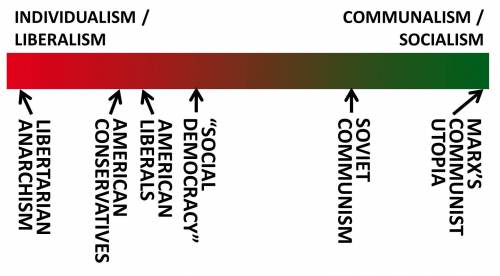This course is an effort at open education. What’s open education? Kris Shaffer at University of Mary Washington explains by quoting Jesse Stommel:
Jesse writes that “A Critical Digital Pedagogy demands that open and networked educational environments must not be merely repositories of content. They must be platforms for engaging students and teachers as full agents of their own learning.” He offers four broad things that characterize this pedagogy. It…
- centers its practice on community and collaboration;
- must remain open to diverse, international voices, and thus requires invention to reimagine the ways that communication and collaboration happen across cultural and political boundaries;
- will not, cannot, be defined by a single voice but must gather together a cacophony of voices;
- must have use and application outside traditional institutions of education.
In practical terms it means this is what we’re going to do. There are 4 things we’ll do.
- Weekly readings and discussion on this website. Each week we will engage in some new topic(s), share some readings, read them, think about them, and respond on this website. I hope we also engage each other in discussion by replying. I will post some required readings and some suggested readings. Most of them will be articles on the Web. I expect all students each week to read them and then:
- I will generally post links to new readings by late on Thursdays. I may also post some additional stuff during the week – especially if I see something interesting in my own social media feeds.
- read
- think about it.
- post whatever strikes you as you do the readings. I do not have specific questions I want you to ask. There is no formula or required format for posts. Post what hits you. It could be “I didn’t know that..”. It could be “I don’t understand this graph or this concept..”. It could be “this is what I think: this author is right/wrong/deranged/close-but-not-quite”. You’re smart. You know things. When you read, you make mental connections between the new stuff and what you know. Share it with us. How many posts are required? I don’t know. It depends on what you say. Don’t feel limited.
- read the others’ postings of the others and reply if you it strikes you. Think of this website as a social media site devoted to an intelligent discussion of economic system issues -except we’ll be civil and respectful (something Twitter and Facebook don’t always manage!).
- repeat the following week. In general it’s best to try to post your thoughts and replies before each Thursday. I will usually do “grading” on Thursdays.
- Own Blogs & In-depth Posts. You will be getting your own blog (website) on OpenLCC.net. This is a new LCC provided service that provides personal scholarly websites to students. It will be your site. You can write whatever you want. You can write your thoughts on how snow is boring or you love Thanksgiving dinner or how geology is your favorite course (go ahead, make me cry 😉 ). But I expect you to write at least four in-depth articles or posts that involve more research and thought than what we do on this weekly discussion site. One of those in-depth posts will be your research project for this course. You’ve got flexibility on topic and timing on these four posts. At least three in-depth posts, including the research project post must be complete by April 27, no later. Personally, I suggest that you should think of putting your first in-depth post up by the time we start back after spring break. Please do yourself a huge favor and don’t procrastinate all of them to the very end. Feel free to discuss the ideas you are going to write about in your in-depth post on the weekly discussion site and/or with me.
- Research Project. You will do a long-form in-depth post on your own blog. Think of this as a research paper/project only in a web-blog format. You will need to read at least one popular book on your topic, use at least one data-analysis website for data, and at least two other web articles as sources. This will be public. I want it to be the kind of article or essay that you can be really proud of after and, since it’s on the public web, you can show it off. But I also want it to be your voice, your contribution to the discussion.
- Final Exam: Final exam will consist of two parts: a reflective in-depth post on your blog and a series of short questions based on the information in the other students’ research projects.
One last thought: Whenever there’s a new teaching technique or approach in class, some students get nervous. “What about my grade?” they ask. Don’t get anxious. First, I’m kind of a grades-skeptic. I think grades as some kind of measurement of learning is pretty much bogus. There’s huge statistical, measurement, and epistemological problems with grades. Here’s what I ask. Do the work. Give it a good effort and let yourself enjoy the learning aspect. Learning really is fun if we don’t let the grades get in the way, in my opinion. Make mental connections. Put your own thoughts together. Find your own voice. Do that and you’ll be just fine on grades. Trust me. I’m mostly “grading” whether you’re doing the work. Your posts are evidence that you’re doing the mental work.
